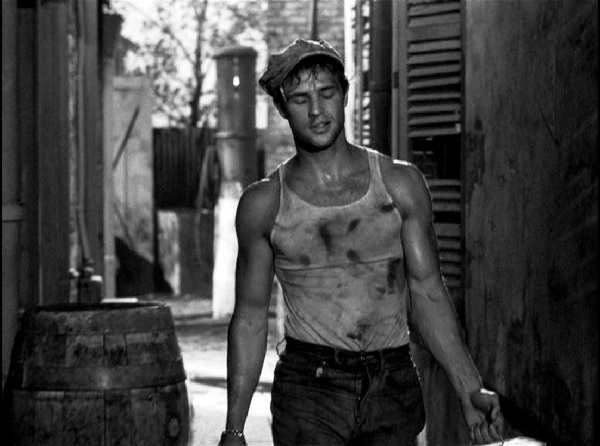This Sunday, the Academy Awards will conclude this year’s awards season with it’s usual over-hyped pomp. I don’t care too much for watching it on TV and am happy with the two-minute version I’ll get on the Monday morning news, but in the spirit of the awards I wanted to share some of my favorite Best Picture winners of all time.
1934 – It Happened One Night
Even if you’re not a big black-and-white picture person, this movie is still fresh and funny. Claudette Colbert was as gorgeous then as any woman today.
1939 – Gone with the Wind
This is my all time favorite. I probably watch this movie twice a year. Scarlett O’Hara is, in my opinion, one of the greatest female characters of all time, and all women owe it to their sex to see this movie at least once.
1943 – Casablanca
I think this is one of the best screenplays of all time. The story incorporates romance, action, suspense, drama and comedy all against the backdrop of World War II. Plus, so many memorable lines that people are still saying 62 years later.
1946 – The Best Years of Our Lives
This is one of my mom’s favorites, but I gravitate to it’s sad happiness. I think it’s an honest tribute to the soldiers who came home from World War II. Dana Andrews plays a decorated hero who has to take his old job as a soda jerk; the scene says it all.
1950 – All About Eve
The original up-and-comer-claws-past-established-pro plot that has been redone many times since, this is definitely a chick flick. Bette Davis is my favorite actress to watch and she is phenomenal in this movie. She was snubbed a Best Actress statuette because co-star Anne Baxter, who gave a great performance as a total bitch, was a total bitch and insisted she be nominated for Best Actress as well. The votes were split and neither actress won.
1951 – An American in Paris
Despite how unusual it is for a musical to win Best Picture, the academy couldn’t ignore that the genre was at the top of its game. Gene Kelly fueled this project, and even though I love Singin in the Rain, I think this is my pick as the best musical of all time.
1953 – From Here to Eternity
Maybe I just like movies that take place during World War II… This drama is wrapped around Pearl Harbor. I really like the romantic play that goes on between Burt Lancaster/Deborah Kerr and Monty Clift/Donna Reed; all four have moments of strength and weakness, but you’re not sure who you’re most sympathetic towards. Frank Sinatra is, as always, a welcome cast member.
1954 – On the Waterfront
Brando! Brando! Brando! I actually think his performance in A Streetcar Named Desire is better, but here he stands out amongst some powerhouse male leads. This movie looks and feels gritty–I feel cold just thinking about it. The mob-driven tough-guy plot skews masculine; it’s one that my old-movie-phobic fiance will even sit and watch with me. “I coulda’ been a contenda!”
—–I think I’ll make this a two-parter, there’s so many more I like!




















































